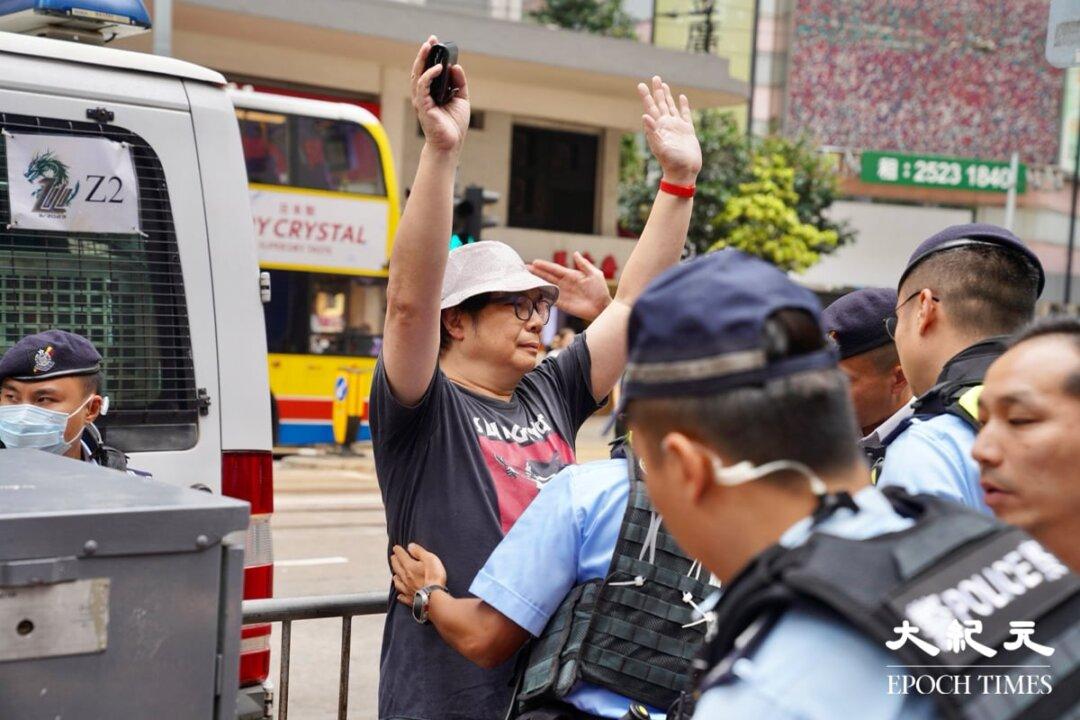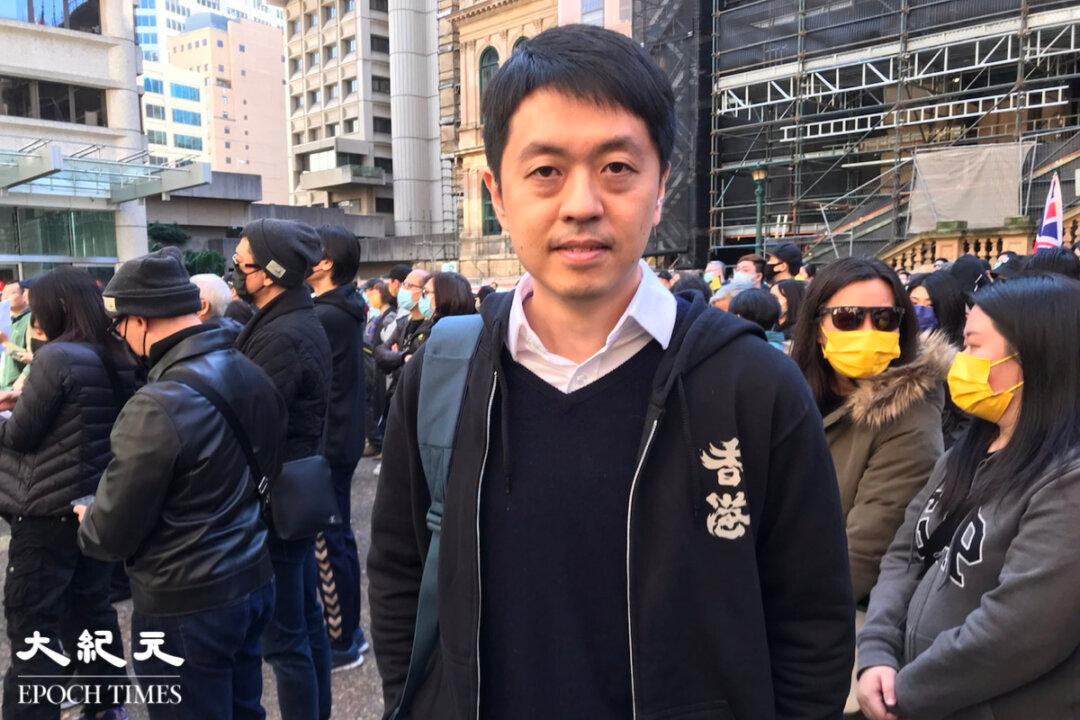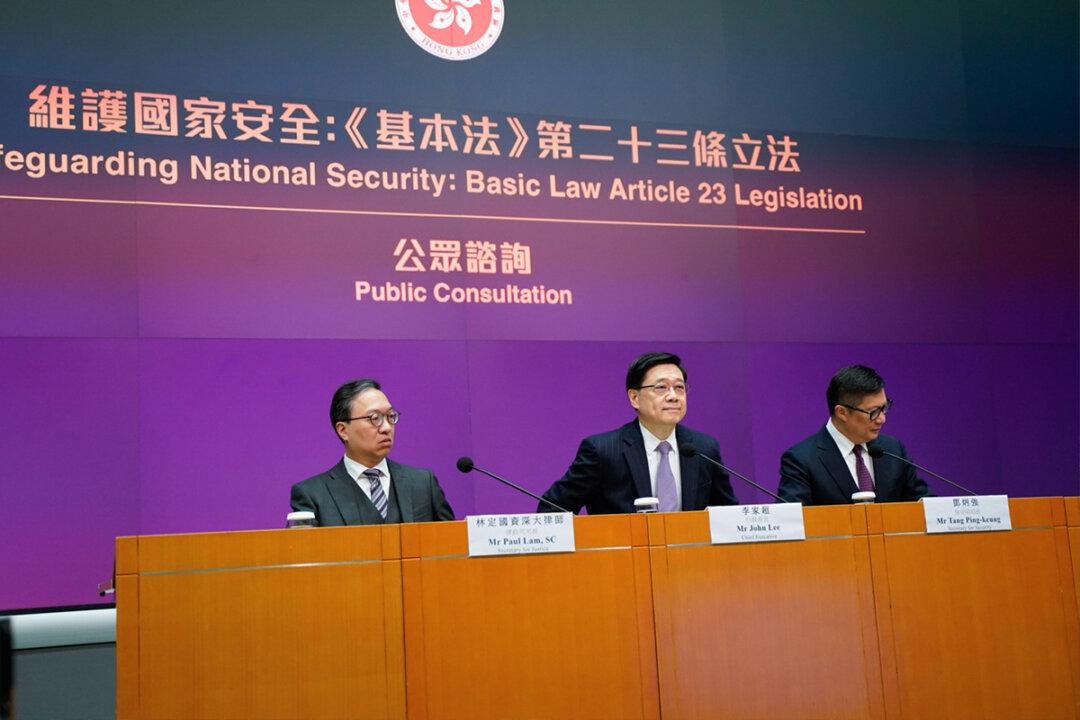Since the implementation of the BNO visa programme by the UK government last year, about 142,000 Hong Kong applications had been approved by the end of June this year. The majority of the applicants are aged between 24 and 54. About a third of the applications are from persons under 18. Some commented that such numbers are staggering. The general consensus of so many people leaving is more to avoid the younger generation being brainwashed in the future.
Split further into age groups, applicants under the age of 18 accounted for the most, at 38,600, followed by the 35 to 44 years old, at 32,600.




